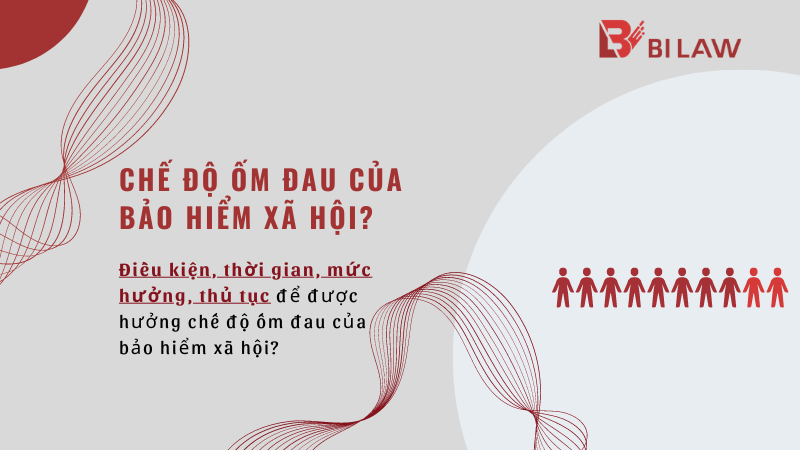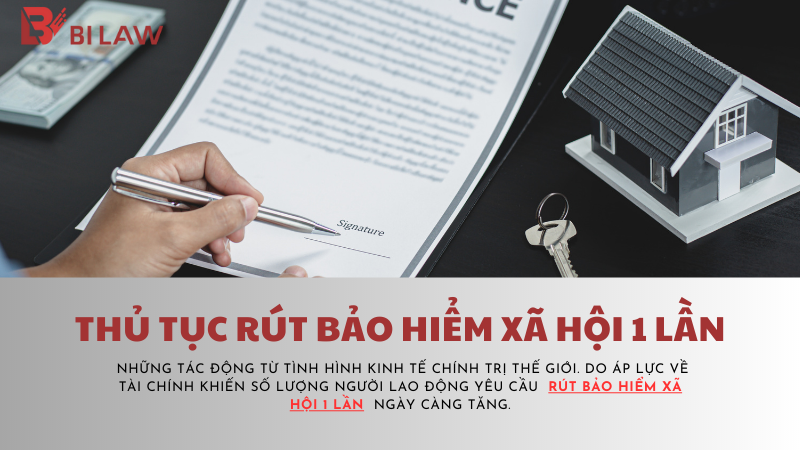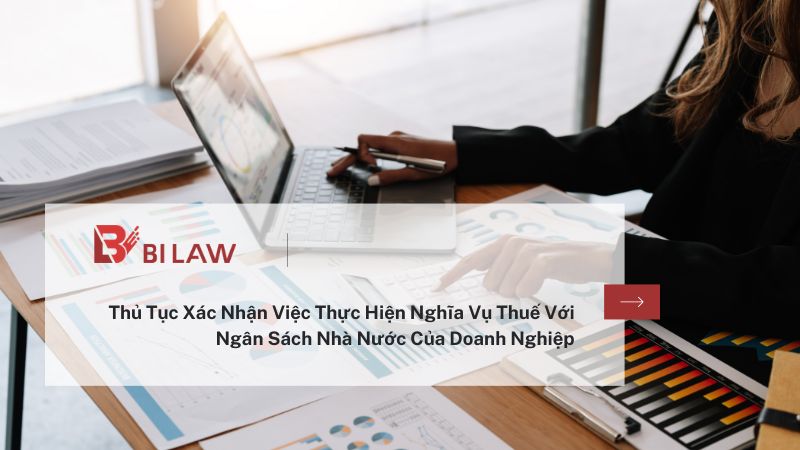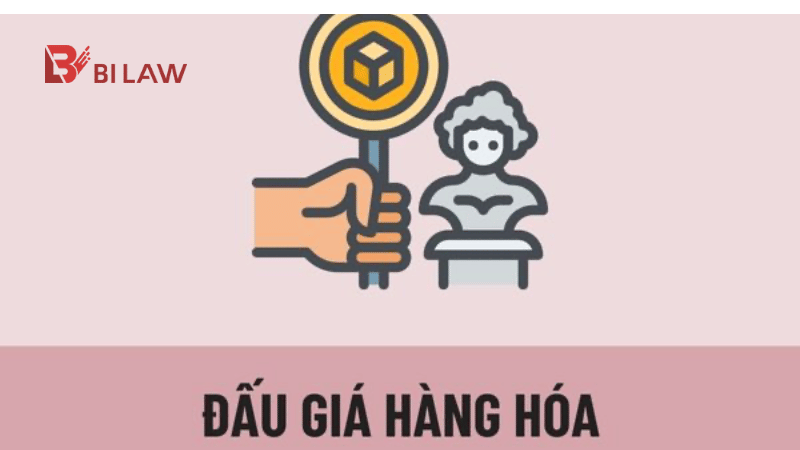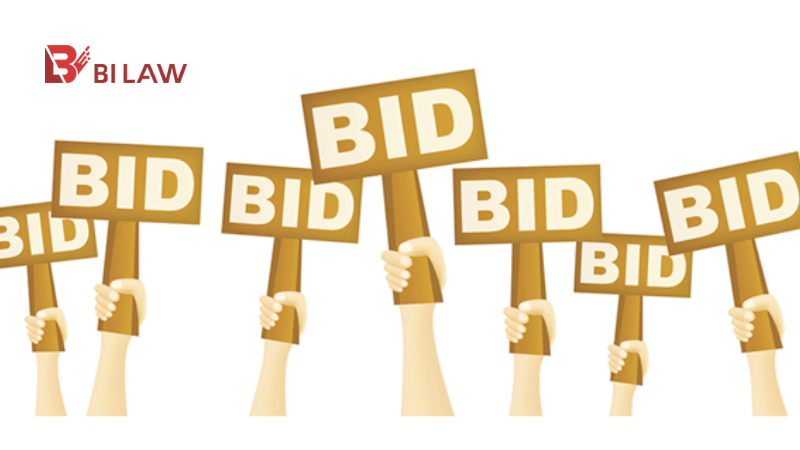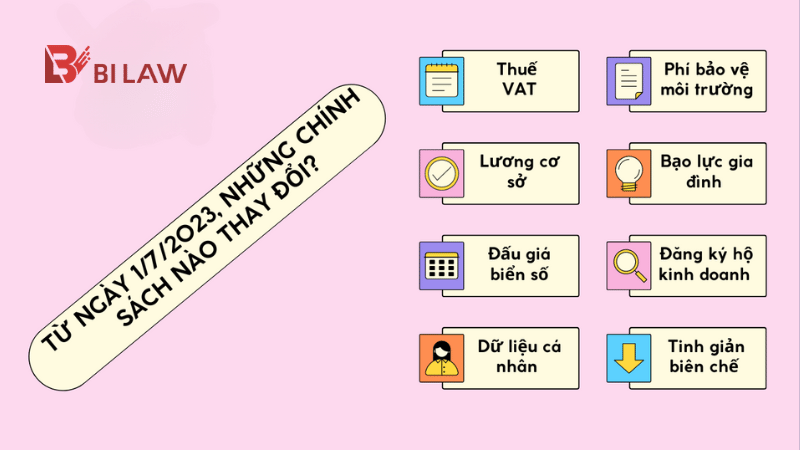Commodity trading plays an important role in helping merchants optimize their production and business processes. In addition, this activity can also increase business efficiency, save time and costs for entrusting traders. The Commercial Law 2005 stipulates that the goods purchase and sale entrustment is one of the commercial intermediary activities. This activity plays a role in promoting the convenience and simplicity of goods purchase and sale, especially in international goods trading entrustment.
Here, Bi Law Firm will have a general overview of the activities of entrustment to buy and sell goods.
1. Theoretical basis for goods purchase and sale entrustment activities
1.1. Concepts
Under Article 155 of the Commercial Law 2005 stipulates: Commodity purchase and sale entrustment is a commercial activity whereby the entrusting party performs the purchase and sale of goods in his/her name under the conditions agreed upon with the entrusting party. trust and receive entrusted remuneration.
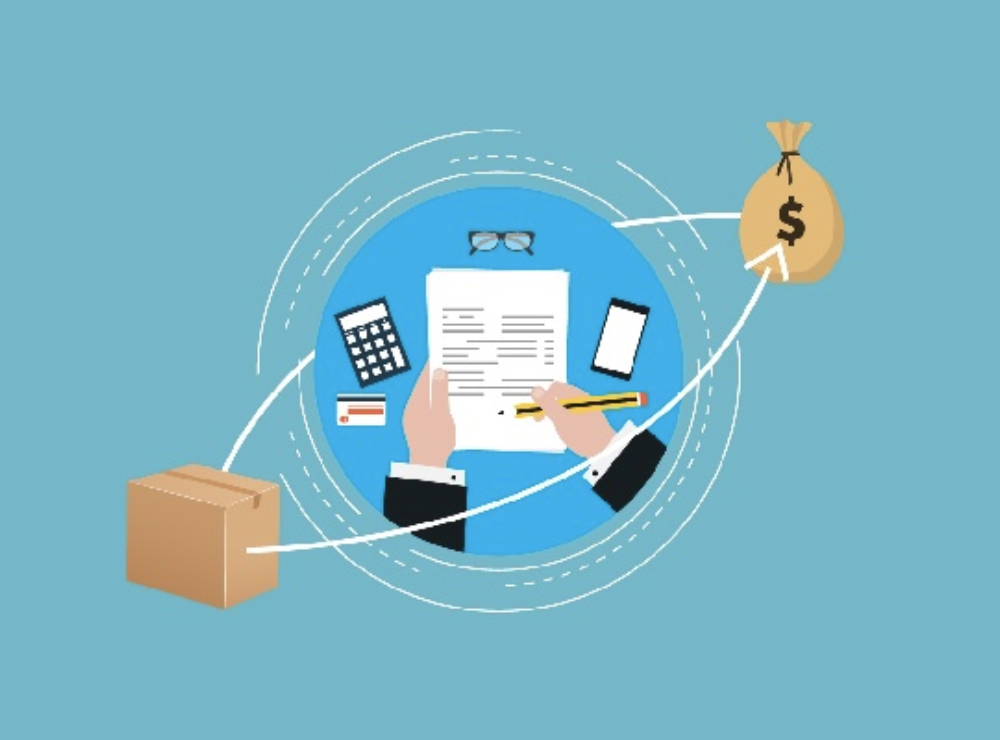
1.2. Characteristics
Commodity purchase and sale entrustment activities include some of the following characteristics:
The first is commercial intermediary activities. A relationship on entrusting activities to buy and sell goods will normally have the presence of three parties, including: The entrusting party
(entrusting sale/buying), entrusting party (party performing the sale/buying), third party (buying/selling party). Thus, in a relationship, the entrusting party always plays the role of an intermediary, and at the same time is the party that purchases and sells goods with a third party. The presence of the entrusting party makes the act of entrusting the purchase and sale of goods a commercial intermediary activity.
Second, in entrusting activities, the entrusting party must be a trader. Traders include individuals who operate independently, regularly and have business registration or legally established economic organizations. If the trustee is not a trader, this is not called an entrustment of goods.
Third, the trustee must receive the trust fee. Commodity trading is a commercial activity. Essentially a service activity provided by the trustee to the trustee based on the signed trust contract. Therefore, the entrusting party is responsible for paying the entrustment remuneration to the trustee when performing the work.
Fourth, the object of entrustment is goods. Goods must be real, valuable, and marketable. The trustee can be the seller or the buyer of the goods of a third party. Goods must not be on the list of goods banned from circulation on the Vietnamese market.
Finally, there exist at least two transactions in a trust cycle. The entrustment for the purchase and sale of goods must be signed between the entrusting party and the entrusting party. The purchase and sale of goods must also be signed between the trustee and the third party. Entrustment contracts and goods purchase/sale contracts are independent and not directly dependent on each other. The only connection between the two contracts is that the trustee acts as the subject of the contract. Therefore, in the act of entrusting the purchase and sale of goods, there must exist at least two transactions.
2. Some legal provisions on the activities of entrustment to buy and sell goods
- The entrusting party is not required to be a trader
- When buying/selling goods, the entrusting party must be the goods that he/she is allowed to trade.
- All goods in legal circulation can be bought and sold by consignment.
- The goods purchase and sale entrustment contract must be made in writing or in another form with equivalent legal validity.
- The entrusting party may not entrust a third party to perform the signed goods purchase and sale entrustment contract, unless it is approved in writing by the entrusting party.
- The entrusting party can accept the entrustment to buy and sell goods from many different entrusting parties
The above is a general overview of the activities of entrustment to buy and sell goods. Contact Bi Law Firm to discuss more details.


 Tiếng Việt
Tiếng Việt 中文 (中国)
中文 (中国) 日本語
日本語 한국어
한국어